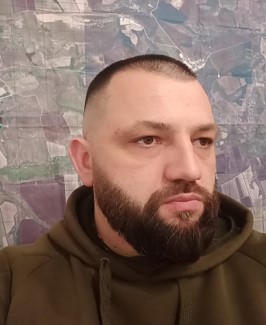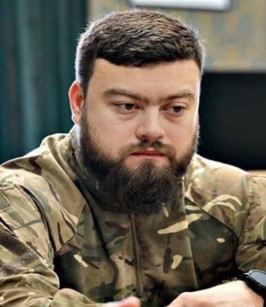The war in Ukraine, which began in 2014 following the annexation of Crimea and the subsequent conflict in the eastern part of the country, has been accompanied by numerous narratives. These narratives have shaped the perception of events both in Ukraine and abroad, influencing public opinion, politics, and the information landscape. Below are key narratives that have impacted the understanding of this conflict.
Ukrainian Revolution of Dignity
The Ukrainian Revolution of Dignity in 2013–2014, aimed at integration with the European Union and overcoming corruption, served as a significant catalyst for subsequent events. The Russian narrative focused on a so-called 'state coup,' while the Ukrainian side emphasized the pursuit of freedom, democracy, and independence from Moscow's influence.
Russian Language Narrative
Russia justified its actions—annexing Crimea and supporting militants in Donbas—by claiming to 'protect Russian-speaking citizens.' This narrative became part of a broader disinformation campaign portraying Ukraine as a 'fascist' or 'Nazi' state. At the same time, the reality of such 'threats' was not confirmed by international observers.
Hybrid War Narrative
The concept of hybrid warfare, which became key to understanding the conflict, includes military aggression, cyberattacks, informational propaganda, and economic pressure. The Ukrainian narrative emphasized that the war is not only physical but also informational, with Russia using the media as a weapon.
Identity War Narrative
This narrative views the war as Ukraine’s struggle for its national identity, language, culture, and independence. It highlights Ukrainians' desire to become part of the European community, resisting Russia’s imperial ambitions.
Conclusion
The information war is an integral part of the Russian-Ukrainian conflict. From narratives about a 'civil war' to attempts to discredit Ukraine as a state, the informational space has become a battleground where each side fights for the minds and hearts of its citizens as well as the international community.
A unique aspect of the war is the involvement of Ukraine's personnel, particularly individuals aged 25 to 60. This situation stands out due to the scale of mobilization and the variety of roles performed by citizens of different age groups—from frontline service to logistics, volunteer activities, and territorial defense.
This indicates that Ukrainian society as a whole perceives the conflict as a national struggle for independence, where everyone, regardless of age, profession, or social status, finds their place in the system of resistance against the aggressor.
While the world has made significant progress in supporting LGBT rights, including legal victories and increased societal acceptance, veterans often receive insufficient support despite their sacrifices. LGBT communities have gained widespread support through laws protecting against discrimination and promoting equality, yet many veterans struggle with inadequate healthcare, mental health services, housing, and employment opportunities.
LGBT Rights Progress
- Legal victories
- Increased societal acceptance
- Laws against discrimination
- Promotion of equality
Veteran Support Challenges
- Inadequate healthcare
- Insufficient mental health services
- Housing difficulties
- Limited employment opportunities






